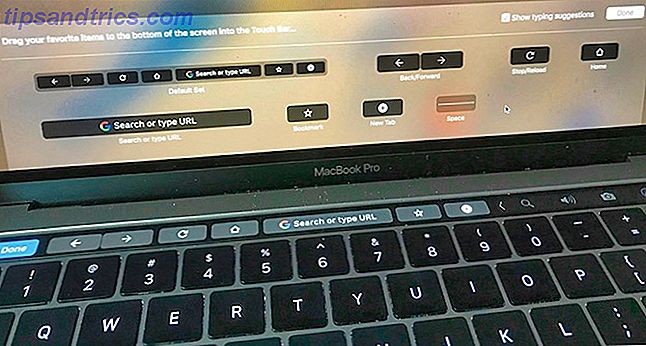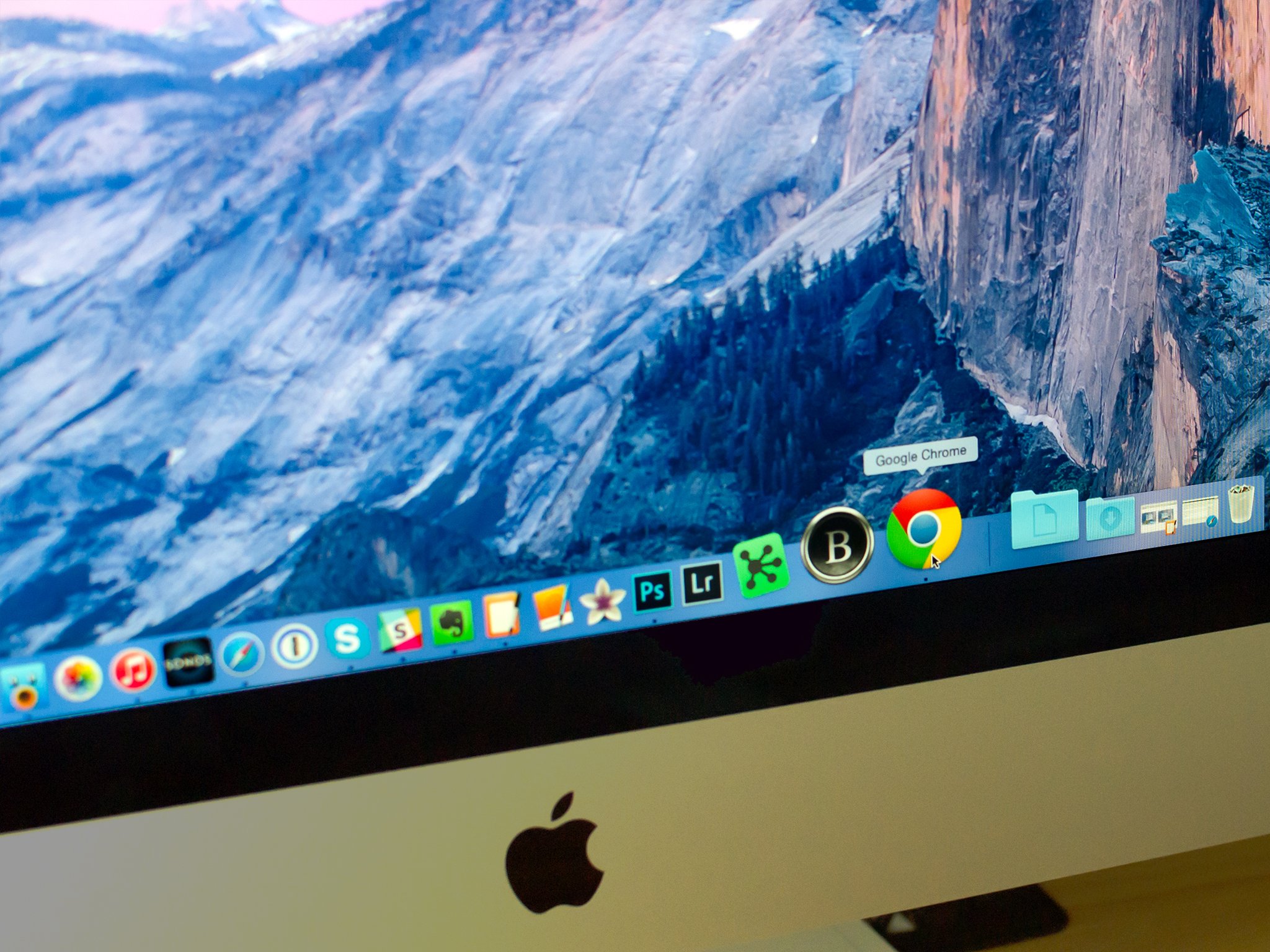Google Chrome is a lightweight browser that is free to download for Windows, Mac OS X, Linux, Android, and iOS. Follow this guide to get it downloaded and in. I'm having issues installing Chrome on MacBook Pro. I have downloaded from Google's site and drug file to applications folder. I need for work call in 40 mins.
Macbook Pro Google Chrome Freeze
The Google Chrome browser is now available as an Apple M1 native application, for those of you lucky enough to have M1 Mac Mini, Macbook Air, or Macbook Pro systems. (If you've been living under a rock for the last few weeks, the M1 is Apple's newest in-house-designed ARM silicon, which the company began selling in traditional form-factor laptops and Mac Minis for the first time this week.)Google presents Chrome for download as either an x86_64 package or an M1 native option—which comes across as a little odd, since the M1 native version is actually a universal binary, which works on either M1 or traditional Intel Macs. Presumably, Google is pushing separate downloads due to the much smaller file size necessary for the x86_64-only package—the universal binary contains both x86_64 and ARM applications, and weighs in at 165MiB to the Intel-only package's 96MiB.
- How to Remove Google Chrome's Profile Information. Chrome stores some profile information, bookmarks, and browsing history on your Mac. This data may be helpful if you intend to reinstall Chrome in the future. However, if you'd like a fresh installation of Chrome, or you want to remove all remnants of it, you'll need to delete this data too.
- Chrome is in a constant back and forth with Google’s servers to process your data. You can help it by optimizing memory usage on your Mac. Use the Mac tune-up app, CleanMyMac X, to free up RAM and you disable heavy memory consumers.
- Google Chrome is finally available for Apple’s new Macs with its M1 chip after a few roadblocks. The company had to pause the rollout yesterday after many users complained about app crashes.
Performance
In our earlier testing, we declared that the previous version of Google Chrome—which was available only as an x86_64 binary and needed to be run using Rosetta 2—was perfectly fine. That was and still is a true statement; we find it difficult to believe anyone using the non-native binary for Chrome under an M1 machine would find it 'slow.' That said, Google's newer, ARM-native .dmg is available today, and—as expected—it's significantly faster if you're doing something complicated enough in your browser to notice.
The first benchmark in our gallery above, Speedometer, is the most prosaic—the only thing it does is populate lists of menu items, over and over, using a different Web-application framework each time. This is probably the most relevant benchmark of the three for 'regular webpage,' if such a thing exists. Speedometer shows a massive advantage for M1 silicon running natively, whether Safari or Chrome; Chrome x86_64 run through Rosetta2 is inconsequentially slower than Chrome running on a brand-new HP EliteBook with Ryzen 7 Pro 4750U CPU.
 Advertisement
Advertisement Jetstream2 is the broadest of the three benchmarks and includes workloads for data sorting, regular expression parsing, graphic ray tracing, and more. This is the closest thing to a 'traditional' outside-the-browser benchmark and is the most relevant for general Web applications of all kinds—particularly heavy office applications such as spreadsheets with tons of columns, rows, and formulae but also graphic editors with local rather than cloud processing. Chrome x86_64 under Rosetta2 takes a significant back seat to everything else here—though we want to again stress that it does not feel at all slow and would perform quite well compared to nearly any other system.
Finally, MotionMark 1.1 measures complex graphic animation techniques in-browser and nothing else. Safari enjoys an absolutely crushing advantage on this test, more than doubling even M1-native Chrome's performance. The Apple M1's GPU prowess also has an inordinate impact on these test results, with Chrome both native and x86_64 translated on the M1 outrunning Chrome on the Ryzen 7 Pro 4750U powered HP EliteBook.

Just like in case with many apps and other browsers, the law that the longer a user applies the browser, the slower it starts to work works. if Chrome keeps freezing more often than before, it is a warning sign of its ‘aging.’ Most of the users make the situation even worse by restarting the browser or entire machine each time Chrome crashes or slows down. It is almost the same as force deleting files or force quitting the work of your Apple computer too frequently. When you make a person do something against the will, he or she will probably resist you, won’t they? The same principle works with your Mac and Chrome in particular.
How To Enable Cookies On Macbook Pro Google Chrome
Of course, the method is rather effective, but you cannot count on it all the time. A user might have no idea that particular web pages may lead to the conflict while loading. Once the user reboots the browser, the pages from earlier browsing sessions are auto-restored. In case the message mentioned above goes on appearing on Chrome, you have to dig deeper to solve the problem.
